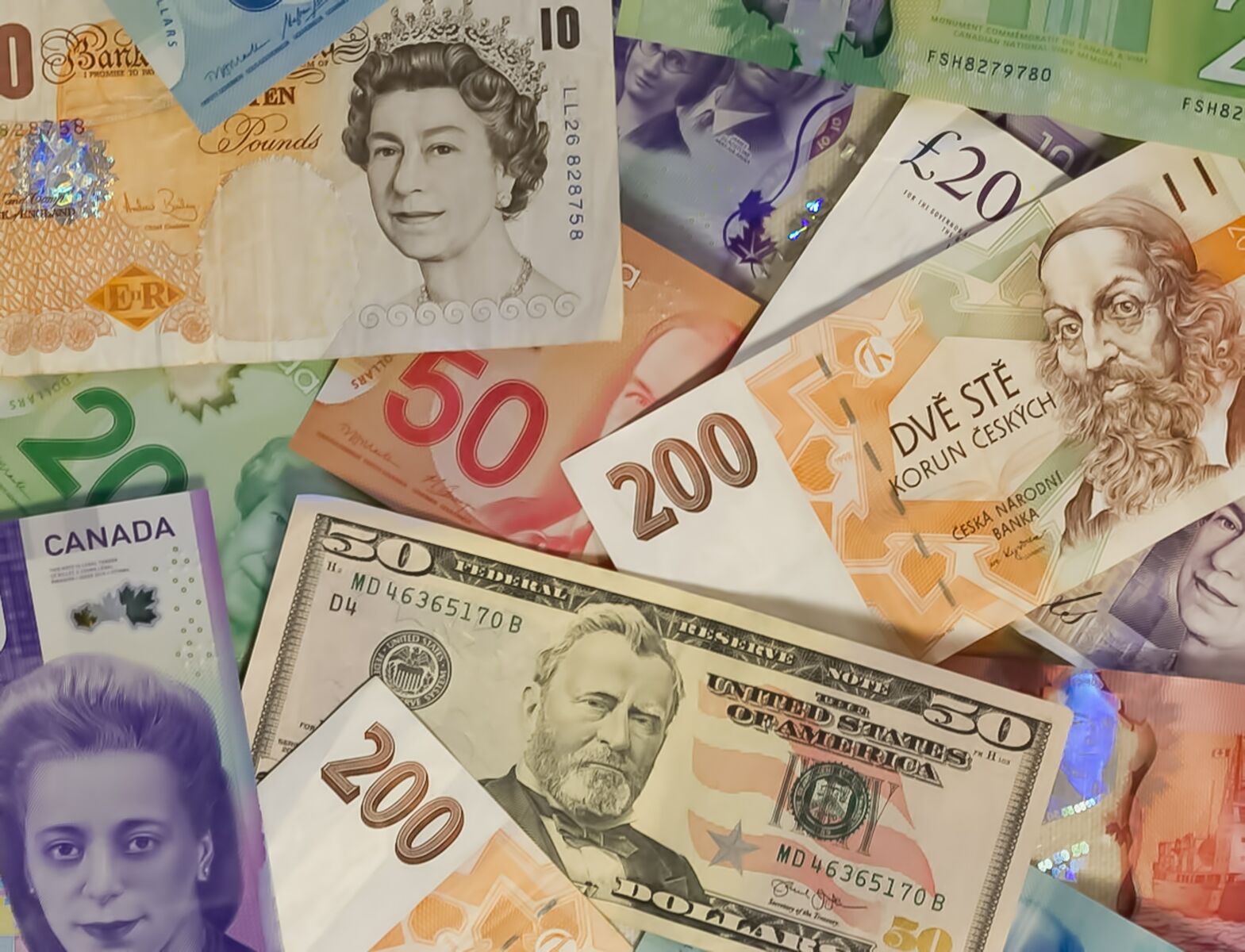Thai state bodies unite to curb money laundering via digital assets

In an unprecedented act of collaboration, five Thai state bodies are colluding to tackle illicit fiscal operations and money laundering across national frontiers, reveals Traisuree Taisaranakul, the deputy government spokeswoman.
The cooperative pact encompasses the Royal Thai Police (RTP), the Revenue Department, the Securities and Exchange Commission (SEC), the Anti-Money Laundering Office (Amlo), and the Bank of Thailand (BoT).
Traisuree disclosed that the RTP briefed the group on strides achieved in cooperating with its counterparts in the execution of tasks under Prime Minister Prayut Chan-o-cha’s policy. The policy is directed towards eliminating all forms of scams, inclusive of those propagated by call centre networks, and obstructing transaction routes initiated from border territories.
An agreement was reached on the fact that the culprits have been exploiting illegal digital asset platforms for peer-to-peer transactions in the course of business and currency exchanges along national boundaries. This conduit could potentially be used to launder money and transfer illegally earned money to foreign nations.
Guidelines have been drawn up by the RTP, in collaboration with the involved agencies, to clamp down on the illicit digital asset trade at the border regions. Furthermore, separate tasks have been designated to each agency in their battle against these wrongful practices.
Traisuree went on to highlight that the RTP has established a database consisting of digital asset business and currency exchange operators in the border zones. This database has been instrumental in broadening the scope of the investigation and is now accessible by Amlo as it sets the stage for prosecuting wrongdoers under the Anti-Corruption Act.
Amlo has been probing suspicious transaction routes pinpointed by the RTP to trace associated bank accounts and digital assets to block or freeze funds trails. The department is also contemplating amending certain regulations to enhance their enforcement efficacy.
Simultaneously, the Revenue Department has been verifying tax payments submitted by business operators, checking specifically whether they have been employing illegal digital asset platforms, for which the RTP database has been beneficial. The BoT has given its green signal to commercial banks to scrutinise and monitor any financial dealings with overseas nations sourcing from areas frequently pinpointed for illegal transactions, reported Bangkok Post.
Latest Thailand News
Follow The Thaiger on Google News:


























